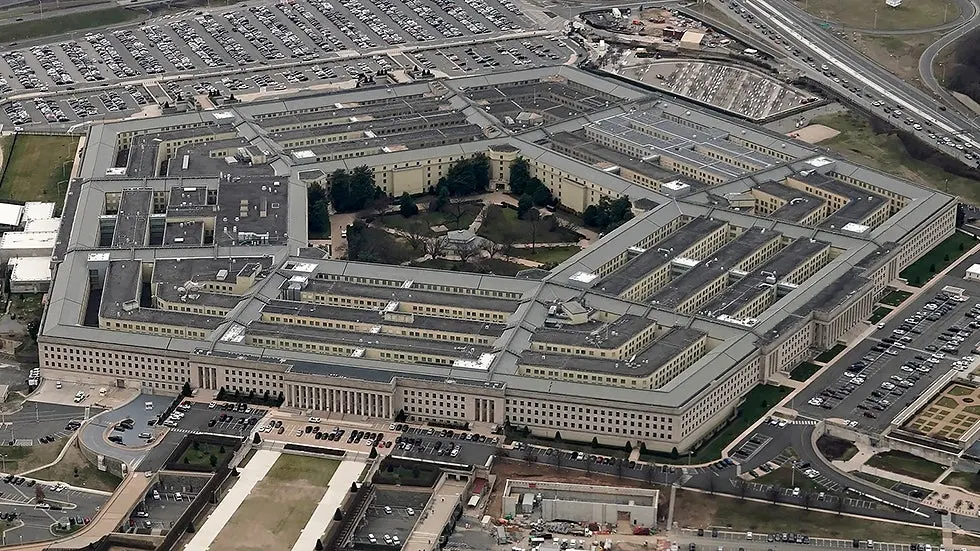Published:June 7, 2022
-The Hill
Updated Pentagon policy prevents the U.S. military from separating HIV-positive service members with an undetectable viral load and also allows them to be deployed, according to a new Defense Department memo announced Tuesday.
The guidance, released Monday, reverses previous DOD policy that had been in place since the 1980s, after HIV first began spreading in the U.S. That outdated policy allowed commanders to involuntarily separate troops with HIV, prevent them from deploying and barred enlisted troops from becoming an officer.
“In view of significant advances in the diagnosis, treatment, and prevention of Human Immunodeficiency Virus (HIV), it is necessary to update DoD policy with respect to individuals who have been identified as HIV-positive,” Defense Secretary Lloyd Austin wrote in the memo.
Under the Pentagon’s updated policies, “individuals who have been identified as HIV-positive, are asymptomatic, and who have a clinically confirmed undetectable viral load will have no restrictions applied to their deployability or to their ability to commission while a Service member solely on the basis of their HIV-positive status,” Austin adds.
“Nor will such individuals be discharged or separated solely on the basis of their HIV-positive status.”
Some 2,000 service members who are HIV positive currently serve in the U.S. military.
Up until recently, those troops, sailors and airmen lived under the fear of being discharged or barred from becoming an officer just for having the virus.
But in April a federal judge in Virginia ruled such individuals’ HIV status could not solely lead to them being separated or prevent their commissioning.
That case was brought forward by two airmen the service attempted to discharge, plus a D.C. Army National Guard noncommissioned officer who was prevented from becoming a judge advocate.
The new policy does not, however, allow individuals with an existing HIV-positive status to join the military. The only exception to that, which will be reviewed on a case-to-case basis, is if a person who is already in uniform or a military service academy cadet or midshipman is diagnosed with the virus while already in the military or a commissioning program, respectively.
Should a service member or person in a service academy test positive for HIV, they “will be referred for appropriate treatment and a medical evaluation.” If their viral load is found to be controllable and they are symptom free for a certain period, they can remain in service.
Austin also directed a working group to create standards for the case-by-case determinations, including the period of time an individual has to stay undetectable to be keep their uniform.
The guidelines are due to the Pentagon chief in six months, according to the memo.
In addition, every six months the service secretaries must report the number of HIV-positive troops they have separated, and the number of undetectable HIV-positive troops refused accession.




